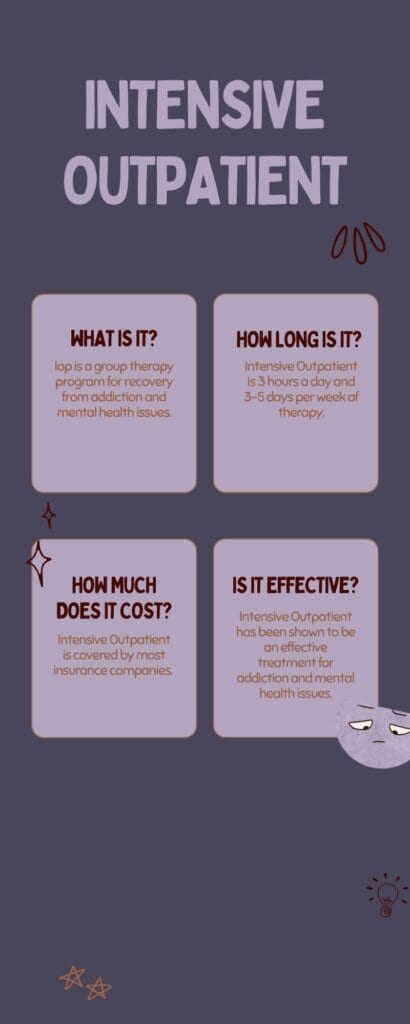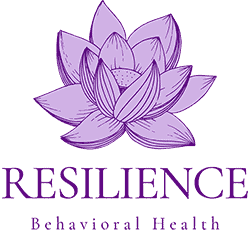Equine-Assisted Therapy: Connecting with Animals in Massachusetts IOPs"
“With Equine-Assisted Therapy experience transformative healing in Massachusetts IOPs, forging associates with animals for insightful well-being.”
The basis of equine-assisted Therapy in Massachusetts IOPs is the undeniable bond between people and animals. People make profound influences using this creative technique, which promotes emotional health. The healing alliance with horses in integrated outpatient programs delivers a special curing channel beyond arguments.
Have you ever wondered or questioned yourself how the existence of horses could transform healing experiences?
Come with us and discover equine-assisted Therapy practice in Massachusetts’s intensive outpatient programs (IOPs).
What is Equine-Assisted Therapy?
Equine-assisted Therapy within Intensive Outpatient Programs (IOPs) is developing as a transformative approach in Massachusetts. This approach delivers a discrete route to therapy by utilizing the healing potential of the connection between animals and humans. Individuals find ease in the company of horses, which supports self-discovery and emotional development.
Beyond conservative approaches, equine-assisted therapy adopts a nonverbal communication environment and mutual understanding. The deep connection catalyzes self-examination and individual growth. Equine-assisted Therapy offers a pleasant interaction between animals, people, and the natural world in the heart of Massachusetts.
The Equine Assisted Growth and Learning Association (EAGALA) suggested that equine-assisted therapies are more prevalent worldwide. The number of certified practitioners worldwide has improved by 25% yearly.
Are you ready to enter a curative environment where linking with horses can act as a catalyst for modification?
Together, let’s set out on this journey of transformation.
Significance of Equine-Assisted Therapy:
The therapeutic relationship between animals and humans provides emotional, psychological, and physical advantages.
The rhythmic and repetitive motions of riding improve motor skills and coordination. The horse’s nonjudgmental attitude empowers clients to control and face their emotions. This modality inspires a sense of accomplishment and accountability, which makes it especially effective.
The therapeutic company between horses and people promotes emotional expression, self-discovery, and trust development. IOPs offer a transformative modality that addresses various mental health challenges. Intermingling with these wonderful creatures nurtures accountability and empathy while improving resilience and emotional control. Equine-Assisted Therapies promote whole-person healing.
Participants often report higher self-esteem, less anxiety, anxiety, and emotional skills after creating a conversation with animals. This use of Horse Company in IOPs is the core of Massachusetts and offers a path toward overall well-being and healing. Thus, Equine-Assisted Therapy is a successful and comprehensive strategy that exclusively nurtures personal development and health.
How Does Equine-Assisted Therapy Work?
Horses and Individuals interact in Equine-Facilitated Psychotherapy (EFP), a practical type of psychotherapy. It addresses health issues and is completed by a mental health professional and an equine professional. The healing process is carried out outside in an organic setting.
Equine-Assisted Therapy Functions:
Developing Relationships:
In Equine-Facilitated Psychotherapy (EFP), horses provide a special Therapy that promotes trust and cooperation. Members gain vigorous skills for maintaining and building relationships with other people and animals through grooming horses.
Clients work with horses on various tasks, including leading, feeding, and grooming them. These exercises support the growth of relationships, communication skills, and trust.
Learning Through Metaphor:
Horses are tremendously sensitive creatures that can mimic the actions and feelings of humans.
EFP eases deep understanding by using the symbolic nature of horse connections. Horses take on the role of representative mirrors, reflecting the actions and feelings of participants. In EFP, learning entails analyzing these likenesses to understand one’s assets, obstacles, and prospects for individual development. Clients can learn more about their communication styles, feelings, and interpersonal dynamics through it.
Non-Verbal Communication:
The examination of nonverbal communication is vital to EFP. Since body language is the main means of communication with horses, members must improve their non-verbal cues to ensure positive interaction.
This aids patients in becoming more self-aware and highlights the value of nonverbal cues in interpersonal connections. Contributors understand the meaning of their nonverbal cues and learn how to connect authentically.
Challenges and Problem-Solving:
To solve problems, members direct the horse through specific tasks or negotiate problems. These problems create worthwhile probabilities for people to reinforce their problem-solving abilities, resilience, and sense of achievement.
As a result, EFP becomes an active setting for using learned methods to overcome previous challenges. Dealing with horses can bring encounters that call for solving problems and making decisions.
Emotional Control:
Emotions are directly perceived by horses, giving members immediate feedback. EFP emphasizes examining how approaches influence connections with horses’ to grow skills related to expressive regulation. People can efficiently express and manage feelings through mindfulness breathing and intentional engagement.
Participants can apply these services to ordinary situations through this procedure, promoting resilience and emotional stability. Stress reduction is assisted by the horses’ company and the calming effect of being in nature.

Benefits of Equine-Assisted Therapy:
There are numerous advantages to EFP.
- Equine-facilitated psychotherapy (EFP) uses horses in healing to support personal development and mental health.
- Engaging in interactive equine activities can provide persons with a significant understanding of their actions, feelings, and relational connections.
- Horses’ indulgent nature creates a secure atmosphere that inspires dialogue and trust.
- Being around horses lowers tension and anxiety and encourages relaxation.
- Interactional activities help communication, problem-solving, and teamwork, including grooming, leading, and riding horses.
- An average of 30% fewer indications of post-traumatic stress disorder were stated by contributors in a study that was published in the Journal of Traumatic Stress.
Success Story after applying Equine-Assisted Therapy:
Folks sometimes ask, what positive things happen after you use equine-assisted Therapy?
After taking a few sessions of (EFP), clients who were experiencing self-esteem and anxiety issues experienced a life-changing capability.
People developed emotional fortitude and trust by learning nonverbal communication under the guidance of therapists and caring equine friends. Grooming sittings offered an exclusive healing space that allowed folks to express and process emotions efficiently.
By using the beneficial potential of the equine-human bond, the clients made notable advancements to confront life’s obstacles.
Conclusion
Equine-assisted Therapy integrated into IOPs is altering the aspect of mental health care in Massachusetts. The inviting setting and the strong bond between horses and people shape a unique healing experience. Equine-facilitated psychotherapy (EFP) is a healing modality that combines old-style psychological methods with the curative power of horses.
It usually results in a thoughtful and transformative experience. The special association between horses and people in this setting encourages trust-building, self-discovery, and emotional expression.
People who work with horses face and resolve personal issues, leading to deep understanding and personal growth. EFP delivers a dynamic curative pathway, serving as evidence of the networks between the natural world and mental health.
How Can You Access Equine-Assisted Therapy Right Away?
Are you still looking for a healing encounter that will change your existence?
Don’t look further; we are here to guide you in the right direction.
With Resilience Behavioral Health’s Equine-Facilitated Psychotherapy, take a ground-breaking step toward mental health. It’s cool to start the procedure; pick up your telephone and call 888.401.1179 to place a consultation. With the assistance of horses, our dedicated staff can help you with this cutting-edge healing approach that endorses healing. We will work together to attach the control of equine therapy for individual growth and expressive well-being, where your mental health journey begins. Give Resilience Behavioral Health a chance and see the tremendous change in your personality.


